
Universal Basic Income (UBI) as a Policy Response to Current Challenges
Recommendation
Prominent people of different political persuasions have supported the idea of a universal basic income (UBI) to solve the major socioeconomic ills plaguing the United States. Proponents have put forth a variety of UBI plans to tackle income inequality, future work transitions and the complexity of existing benefits programs. But according to economists Melissa S. Kearney and Magne Mogstad in this sobering and eye-opening fact-check, the proposals fall far short of their intended outcomes and could be counterproductive. This illuminating study offers the economically and politically savvy some important food for thought.
Summary
About the Authors
Melissa S. Kearney is a professor of economics at the University of Maryland. Magne Mogstad is a professor of economics at the University of Chicago.









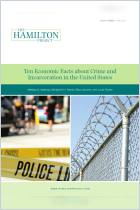
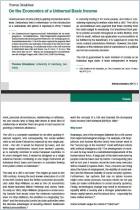

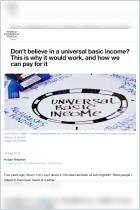
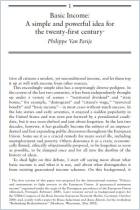
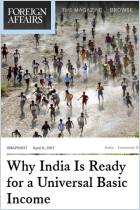
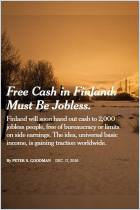


Comment on this summary or 开始讨论